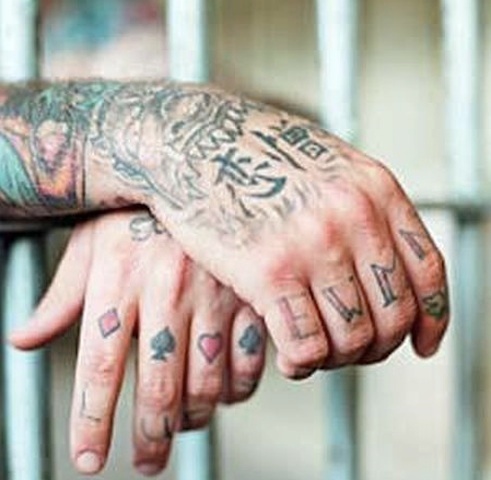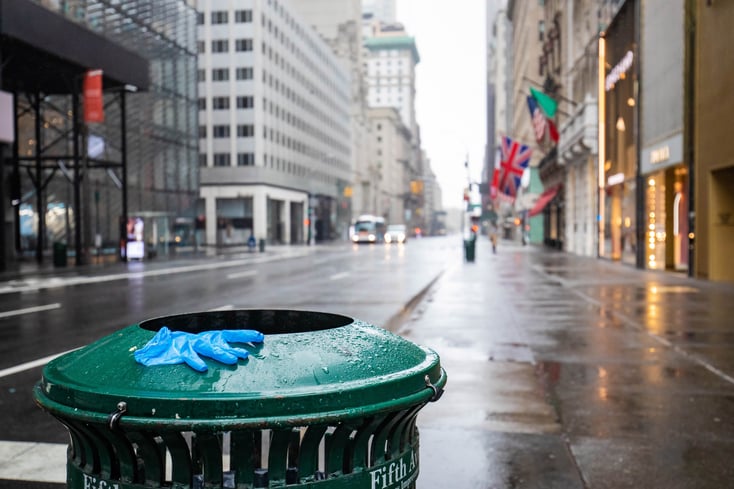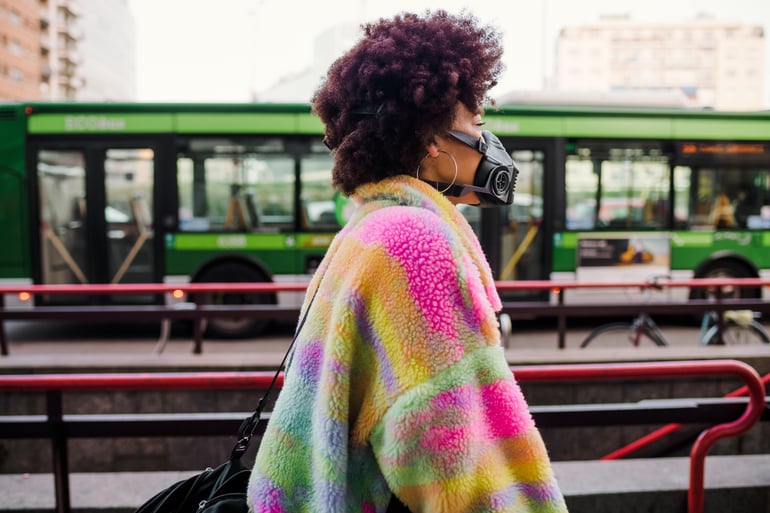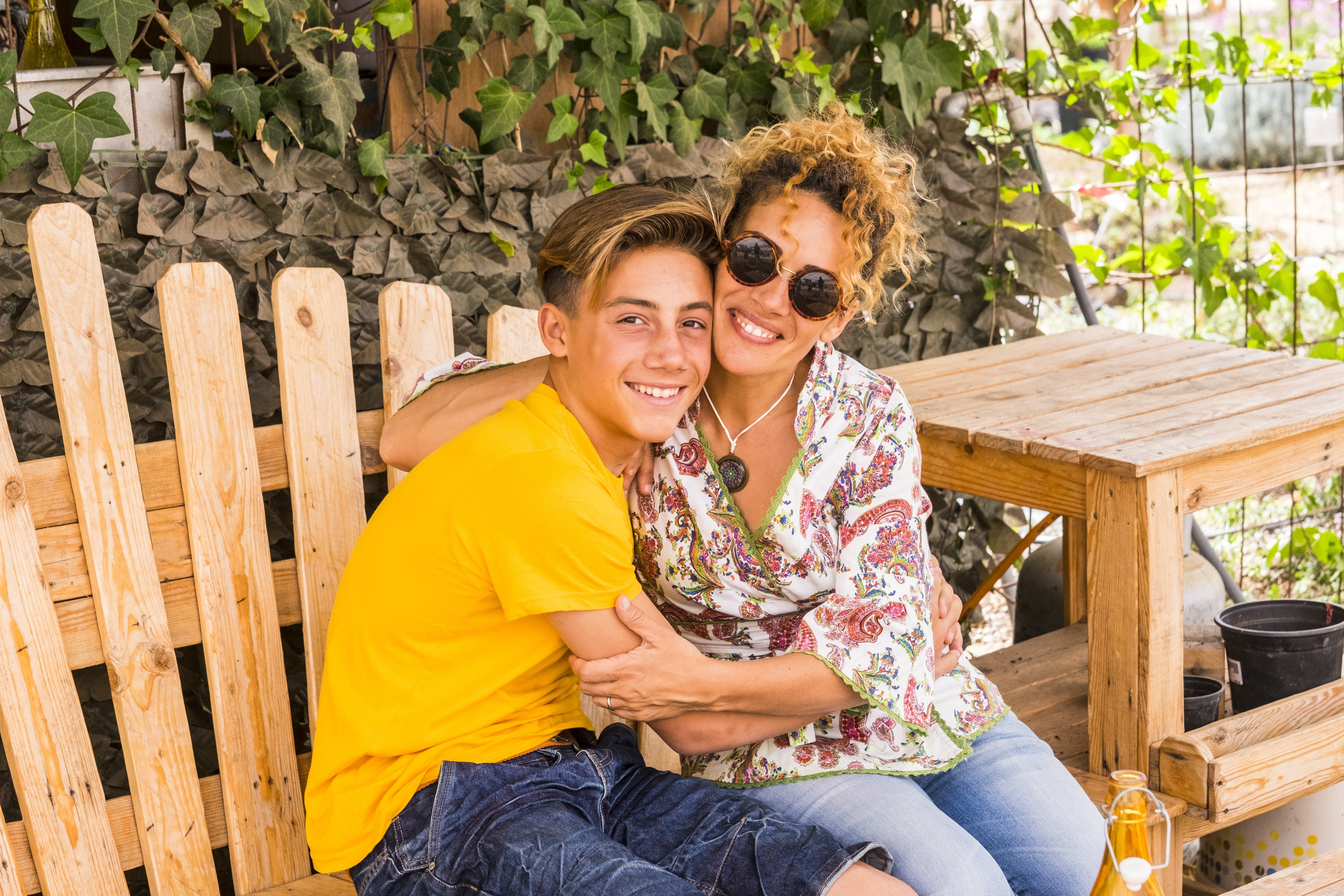
Resilience is a skill that can be learned at any age. Building resilience can help us cope in the aftermath of tragedy and trauma, and it can help us maintain mental health. With World Teen Mental Wellness Day in mind, let’s consider how we can help the teens in our lives develop resilience.

 Today we are sharing the story of a mother that lost hope for the change of her son who was using alcohol and drugs, selling substances, failing school, and was associating with known gang members—until her MST therapist provided effective guidance and support for the entire family.
Today we are sharing the story of a mother that lost hope for the change of her son who was using alcohol and drugs, selling substances, failing school, and was associating with known gang members—until her MST therapist provided effective guidance and support for the entire family. Change - the word one hears when thinking about the COVID-19 pandemic. By
Change - the word one hears when thinking about the COVID-19 pandemic. By 
 As 2020 comes to an end, we would like to celebrate our MST clinicians, supervisors, program leaders, experts, and Network Partner Directors and the youth, families, and communities they served. Like many other organizations around the world, MST Services had to transition to a virtual environment due to the pandemic. Despite the many challenges our clinicians faced, they were still able to transform the lives of vulnerable populations through telehealth methodologies and we want to extend a thank you.
As 2020 comes to an end, we would like to celebrate our MST clinicians, supervisors, program leaders, experts, and Network Partner Directors and the youth, families, and communities they served. Like many other organizations around the world, MST Services had to transition to a virtual environment due to the pandemic. Despite the many challenges our clinicians faced, they were still able to transform the lives of vulnerable populations through telehealth methodologies and we want to extend a thank you. Thanksgiving is often a time of reflection and gratitude in one’s life.
Thanksgiving is often a time of reflection and gratitude in one’s life. 



